There are educators everywhere working to teach the next generation of sustainability minded students. Whether in formal settings (K-12, undergraduate, graduate) settings or informally as science communication now it is more important than ever to work towards advancing Conservation Tech education.
The United Nations released the 17 Sustainable Development Goals (SDGs) which have served as a framework for educators in this space. Educating with a sustainable focus is a challenge whether you are interested in engineering, public policy, AI, or behavioral biology and we hope that this group will help you grow and exchange your ideas with other current and future educators.
This WILDLABS group has been set up by folks who are working to develop education toolkits, platforms, modules, and more in the conservation space. These tools can be at any level of development.
We hope you will become part of this group to share case studies, exchange ideas, and work towards developing a curriculum for future conservation tool crafters.
Current Examples of Conservation Tech Education Resources:
CV4Ecology Summer Workshop:
- Website for Summer Camp Information,
- Applications Due December 15th for next cohort
- 2022 Material including Syllabus, Lectures, Invited Talks, Final Presentations
Tech Tutors from WILDLABS
- TechTutors Season 1, WILDLABS
- TechTutors Season 2, WILDLABS
- TechTutors Season 3, WILDLABS
Want to know more about Conservation Technology education resources? Make sure to join the conversation in the WILDLABS Conservation Tech Training and Education group.
Additional Conservation Tech Courses:
- Tech4Wildlife @ Georgia Tech – Interdisciplinary and Project Based course on Conservation Technology
- MSc Wildlife Conservation Tech – Liverpool John Moores University Program
Group curators
- @StreamingScience
- | he/him/his
Georgia Institute of Technology
Andrew’s always looking to find new interdisciplinary teams in the conservation tech space. He is a postdoctoral researcher at Max Planck Institute, who completed his PhD at Georgia Tech in 2022. His interests including conservation tech education and engineering work.



- 0 Resources
- 14 Discussions
- 3 Groups
- @sstathat
- | she/her
Suzanne’s drive to protect the natural world led her to graduate school at Caltech. She is a Computing and Mathematical Sciences PhD student, advised by Pietro Perona. Her interests include leveraging machine learning and computer vision techniques to solve ecological problems.



- 0 Resources
- 3 Discussions
- 7 Groups
- @cshriver
- | she/her/hers
Georgia Institute of Technology
PhD student in Quantitative Biosciences

- 0 Resources
- 0 Discussions
- 3 Groups
- 0 Resources
- 0 Discussions
- 14 Groups
- @eccrc25
- | she/they
- 0 Resources
- 0 Discussions
- 5 Groups
Frontier Labs
Creators of seriously good bioacoustic recorders. Celebrating 10 years of excellence in bioacoustic tech in 2021



- 0 Resources
- 12 Discussions
- 4 Groups
I am a recently graduated Computer Scientist and Mathematician passionate about animals and nature.
- 0 Resources
- 0 Discussions
- 11 Groups
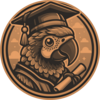
- 0 Resources
- 0 Discussions
- 15 Groups

- 0 Resources
- 0 Discussions
- 13 Groups
Fauna & Flora
Remote Sensing Scientist, Conservation Technology & Nature Markets @ Fauna & Flora - WILDLABS Geospatial Group Co-Lead


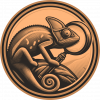
- 34 Resources
- 28 Discussions
- 8 Groups
Aeracoop & Dronecoria
Computer engineer, Drone Pilot, Seed researcher, Wild Tech Maker





- 3 Resources
- 37 Discussions
- 11 Groups
- @muganyizi
- | Mr.
Muganyizi Melchior Kamuganga is a Tanzanian youth passionate about creating positive social changes. He is a professional Wildlife manager and passionate beekeeper. He is a member of the Lightup impact community in east Africa, Masterpeace global network, Metis and Ashoka alumni
- 0 Resources
- 7 Discussions
- 8 Groups
- @meredithspalmer
- | she/her
Yale University
Conservation, Innovation, Education
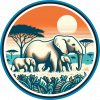


- 8 Resources
- 27 Discussions
- 9 Groups
- @Nycticebus_scientia
- | he/they
MammalWeb.org
Co-founded citizen science camera-trapping project with interest in developing 100% open source wildlife tech. Advocate for open science/open research. Community member of the Gathering for Open Science Hardware.



- 3 Resources
- 24 Discussions
- 3 Groups
- @Cwoodman
- | She, her
I work between academia and private technology development to meet the needs of conservation researchers. I am an owner of a conservation technology company and a PhD who researches how to save imperiled wild populations.

- 0 Resources
- 7 Discussions
- 3 Groups
Funding
I have been a bit distracted the past months by my move from Costa Rica to Spain ( all went well, thank you, I just miss the rain forest and the Ticos ) and have to catch up on funding calls. Because I still have little...
28 March 2025
We are hiring for a customer support / marketing specialist.
20 February 2025
Careers
Strategic Protection Of Threatened Species (NGO) is looking for engineering interns at the Dinokeng Game Reserve, South Africa
6 February 2025
Conservationists use tools like drones, satellites, and camera traps to monitor ecosystems and scale their impact. But new challenges like transparency, funding gaps, and engagement remain. Web 3.0 technologies offer...
28 January 2025
This leads to an exciting blog we did recently, it also includes a spatial map indicating elephant movement tracks of an orphaned elephant who self released himself into the wild (Kafue National Park). Cartography was...
28 January 2025
Over the years, a large number of developments have gone up in the area that I live in and the municipality is not doing what they should when it comes to upholding the laws that have been put in place to protect the...
20 January 2025
Iam Angelamercy Baltazary, a researcher, nature lover and a member of 2023 cohort of Women in Conservation Technology Tanzania.
18 December 2024
In 2023, I was awarded a seed grant by Arm after my participation in Women in Conservation Technology program (WiCt), organized by WildLabs Net. Fauna & Flora International and GrumetFund. Sooner after, I used the...
16 December 2024
The Marine Innovation Lab for Leading-edge Oceanography develops hardware and software to expand the ocean observing network and for the sustainable management of natural resources. For Fall 2025, we are actively...
6 October 2024
Careers
The Grumeti Fund and RISE are now accepting applications for Session 2 of the WIF program.
10 September 2024
WWF-New Zealand's Community Conservation Fund calls upon local communities and conservation groups to submit nature education and/or conservation projects.
22 August 2024
Can conservation-based incentives promote the willingness of local communities to coexist with wildlife? A case of Burunge Wildlife Management Area, Northern Tanzania
10 July 2024
June 2025
event
event
July 2025
November 2025
January 2025
event
10 Products
1 R&D Projects
19 Organisations
Recently updated products
Recently updated R&D Projects
Recently updated organisations
| Description | Activity | Replies | Groups | Updated |
|---|---|---|---|---|
| Hi @Sicily_Fiennes,Over the past several years, I have explored how to design engaging and useful tools for the exploration of audio recording to locate calls of a particular bird... |
+8
|
Conservation Tech Training and Education, Emerging Tech | 2 years 3 months ago | |
| Hey Tom,Since the output is dependent on a couple of factors such as the solar irradiance of the place, shading from the canopy, the type of solar panels (mono, poly or amorphous... |
|
Autonomous Camera Traps for Insects, Build Your Own Data Logger Community, Camera Traps, Conservation Tech Training and Education, Sensors | 2 years 3 months ago | |
| Hi everyone,I am conducting a ~10 minute survey which I hope you can fill out and share with your networks... |
|
Conservation Tech Training and Education, Community Base | 2 years 4 months ago | |
| My original background is in ecology and conservation, and am now in the elected leadership of the Gathering for Open Science Hardware which convenes researchers developing open... |
|
AI for Conservation, Animal Movement, Camera Traps, Conservation Tech Training and Education, Data management and processing tools, Drones, Emerging Tech, Sensors | 2 years 4 months ago | |
| Thank you for sharing Andrew! |
|
Conservation Tech Training and Education | 2 years 4 months ago | |
| Hello All - @sarabeery et Al have just put a pre-print out on their educational insights into teaching Computer Vision to ecologists. I... |
|
Acoustics, AI for Conservation, Conservation Tech Training and Education, Early Career, Emerging Tech | 2 years 4 months ago | |
| Dear Group Members,I am Tunji Mubarak Azeez and I am an undergraduate student in University of Ibadan, Nigeria. I am preparing to make a... |
|
Conservation Tech Training and Education | 2 years 4 months ago | |
| The Conservation Technology Lab at San Diego Zoo seeks undergrads for summer projects in computer vision, machine learning, bioacoustics,... |
|
Acoustics, AI for Conservation, Conservation Tech Training and Education | 2 years 5 months ago | |
| Quick reminder that the deadline for applications is just shy of a week away. This workshop is particularly geared to teach ecologists computer vision tools to apply to their... |
|
Conservation Tech Training and Education, AI for Conservation | 2 years 5 months ago |
The need for specialized technology tools to enhance plant conservation
3 August 2024 8:31pm
11 August 2024 7:07am
Thank you for your valuable insights. I, too, am eager to hear more from those actively working on this issue.
What new best-practice guides do you need?
23 February 2023 10:06am
24 February 2023 1:00pm
Yeah it looks great! Actually that guide coming out at the same week as the sat tracking guide is what prompted this thread!
26 February 2023 6:18pm
What about thermal cameras and drones with thermal cameras for monitoring of mammals?
9 August 2024 1:14pm
Hi,
maybe this could be a candidate for a best practice guide 😉 My free manual 'Drones in Biomonitoring' - https://doi.org/10.5281/zenodo.8077113 It canhelp to get (more) knowledge how to proceed easily and successfully 😉
It covers topics from buy to fly and data processing.
📖 The manual was developed to help authorities, landscape conservation / maintenance or nature conservation associations etc. in nature conservation to manage their growing monitoring tasks more effectively and cost-efficiently.
🛸 The use of drones can contribute in many ways to increasing the effectiveness of monitoring, reducing costs and minimizing disturbance - https://www.researchgate.net/profile/Steffen-Doering.
Best regards!
Steffen
Healthy trees for our firewood
28 June 2024 5:09pm
6 July 2024 4:47pm
Most welcome @Agripina
5 August 2024 6:10pm
This is really interesting, thank you for sharing this knowledge
6 August 2024 8:00pm
Karibu sana
Camera traps
31 July 2024 7:12pm
5 August 2024 6:29am
Support for two cameras (or more) can be done by using two USB powered cameras if you have the right platform. Then in principle you can place each camera up to 2m from the processor.
I’ll will be experimenting with such a setup as soon as my USB global shutter camera arrives. Global shutter camera work really well with the AI computer vision that my system uses. Quite a different power category than microcontrollers though.
Currently I’m testing a Raspberry Pi based camera system that is capturing images and video, scanning 3x cameras with ai triggering.
5 August 2024 6:00pm
Interesting explanation
5 August 2024 7:51pm
Very interesting please update us once experiment is successful
Exploring the Potential of Synthetic Aperture Radar for Plant Conservation
3 August 2024 9:14pm
Involve our young learners in climate change action.
27 March 2024 3:24pm
31 July 2024 7:38pm
Thank you @loveness
2 August 2024 12:53pm
This is a great paper, Cathy!
3 August 2024 3:17pm
very nice paper Cathy!!!
AI and Ecology Research Infosession
1 August 2024 3:58pm
23 August 2024 9:44pm
Introduction to CT Textbook
22 November 2022 10:43am
16 January 2023 2:51pm
This would be awesome Andrew! Happy to help with some organization of this/identifying potential chapter authors.
I'm sure you know about this already, but there is also this book from Wich & Piel: https://www.amazon.com/Conservation-Technology-Serge-Wich/dp/0198850255
8 May 2024 4:19pm
Hi Andew,
Whatever became of your book? Also have you seen jupyterbook.org and mystmd.org? Both are free and open source software for publishing articles and books.
Best,
Vance
31 July 2024 6:49pm
so great!!
19th Australasian Vertebrate Pest Conference 2024
12 July 2024 12:42am
Can CBIs promote coexistence? A Case Study from Northern Tanzania
10 July 2024 9:51am
11 July 2024 4:06pm
16 July 2024 8:54am
what will be the future of conservation?
10 July 2024 9:33am
Game-changing Bat Detectors to Hit Global Market
2 July 2024 1:18pm
Thoughts on new MSc in Conservation Technology
24 May 2024 3:54pm
29 May 2024 12:44pm
Building on Frank's comments, I'd also think about including some conversation about the ethical use of technology - Trishant's talk at Tech Tutors a little while ago sparked a really important conversation here in our community, one that would be valueable to have with your students.
25 June 2024 9:19am
Hello,
Thanks for your comments both, and the information, this is really helpful. I agree correct use and validation is so important here. And thank you for the contact for Kate, the course looks really interesting.
Thank you for your offer, Frank, I'll send an email through.
Best,
Emma
29 June 2024 6:15am
It would be great to address data collection, handling and storage. It starts with keeping good records of field deployments so that devices can be refound and helps at the time of analysis and reporting and so studies can be reproduced. Having an understanding of metadata standards for data types as these are often overlooked when projects are starting up. Knowing if there are existing databases or repositories for your data or if you will have to 'roll your own' (something more than an Excel spreadsheet, or at least knowing the potential pitfalls of relying on spreadsheets). That would be a great advantage when entering the workforce and working in this field.
NEW PUBLICATION ALERT!
17 June 2024 11:33am
17 June 2024 12:57pm
17 June 2024 7:40pm
Training Youth and Community on Data Collection as Citizen Scientists.
16 June 2024 4:19am
17 June 2024 1:03pm
17 June 2024 1:59pm
17 June 2024 7:59pm
Conservation Technology for Human-Wildlife Conflict in Non-Protected Areas: Advice on Generating Evidence
22 January 2024 11:36pm
4 February 2024 8:16am
Hi Amit,
The most important thing is that the livestock owners contact you as soon as possible after finding the carcass. We commonly do two things if they contact us on the same day or just after the livestock was killed:
- Use CyberTracker (or similar software) on an Android smart phone to record all tracks, bite marks, feeding pattern and any other relevant signs of the reason for the loss with pictures and GPS coordinates. [BTW, Compensation is a big issue -- What do you do if the livestock was stolen? What do you do if a domestic animal killed the livestock? What if it died from disease or natural causes and was scavenged upon by carnivores afterwards?]
- In the case of most cats, they would hide the prey (or just mark it by covering it with grass or branches and urinating in the area). In this case you can put up a camera trap on the carcass to capture the animal when it returns to its kill (Reconyx is good if you can afford it - we use mostly Cuddeback with white flash). This will normally only work if the carcass is fresh (so other predators would not be able to smell it and not know where it is yet), so the camera only has to be up for 3-5 days max.
This is not really high-tech, but can be very useful to not only establish which predator was responsible (or if a predator was responsible), but also to record all the evidence for that.
13 June 2024 8:58pm
Hey Amit,
This is a great question; from our work, we've seen people do a couple of things. We've even seen people using Ring doorbell footage in urban areas as evidence.
The best thing we've seen is matching the community needs with existing infrastructure:
- Are there existing cameras you can leverage, like the doorbell cameras?
- Can public participation monitoring service this, i.e. public submitted photos and videos?
It also totally depends on the wildlife species you're working with, the interaction, damages, etc. If you've found any good solutions, let me know. I'd love to share that information with our clients here who have constant bear problems.
14 June 2024 9:09am
In that case, you might want to keep an eye on the project from @Lars_Holst_Hansen
I have been working hard on this camera based polar bear alarm with Kim… | Lars Holst Hansen | 17 comments
I have been working hard on this camera based polar bear alarm with Kim Hendrikse and other collaborators including Zoologisk Have in Copenhagen - where the system is now beeing tested. I hope to field test it at Zackenberg Research Station next year. | 17 comments on LinkedIn
New WILDLABS Funding & Finance group
5 June 2024 3:24pm
5 June 2024 4:14pm
6 June 2024 1:38am
6 June 2024 4:16am
Announcing: BeetlePalooza 2024
31 May 2024 9:00pm
Voices of Sustainability: Perspectives from - Africa Wholesome Sustainability Explained: What is E-PIE
7 May 2024 3:06am
1 July 2024 5:48pm
1 July 2024 6:02pm
3 July 2024 3:30pm
WILDLABS AWARDS 2024 - Underwater Passive Acoustic Monitoring (UPAM) for threatened Andean water frogs
30 March 2024 3:54pm
5 April 2024 12:13pm
Congratulations, very exciting! Keep us updated!
7 April 2024 6:09pm
This is so cool @Mauricio_Akmentins - congrats and look forward to seeing your project evolve!
1 May 2024 5:17pm
Congratulations! My first hydromoth was just arrived yesterday and so excited! Looking forward for the update from your project!!!
The Inventory User Guide
1 May 2024 12:46pm
Introducing The Inventory!
1 May 2024 12:46pm
22 July 2024 10:55am
23 July 2024 2:05pm
23 July 2024 2:53pm
Delving into #tech4wildlife Innovation across East Africa with Sandra Maryanne & Catherine Njore
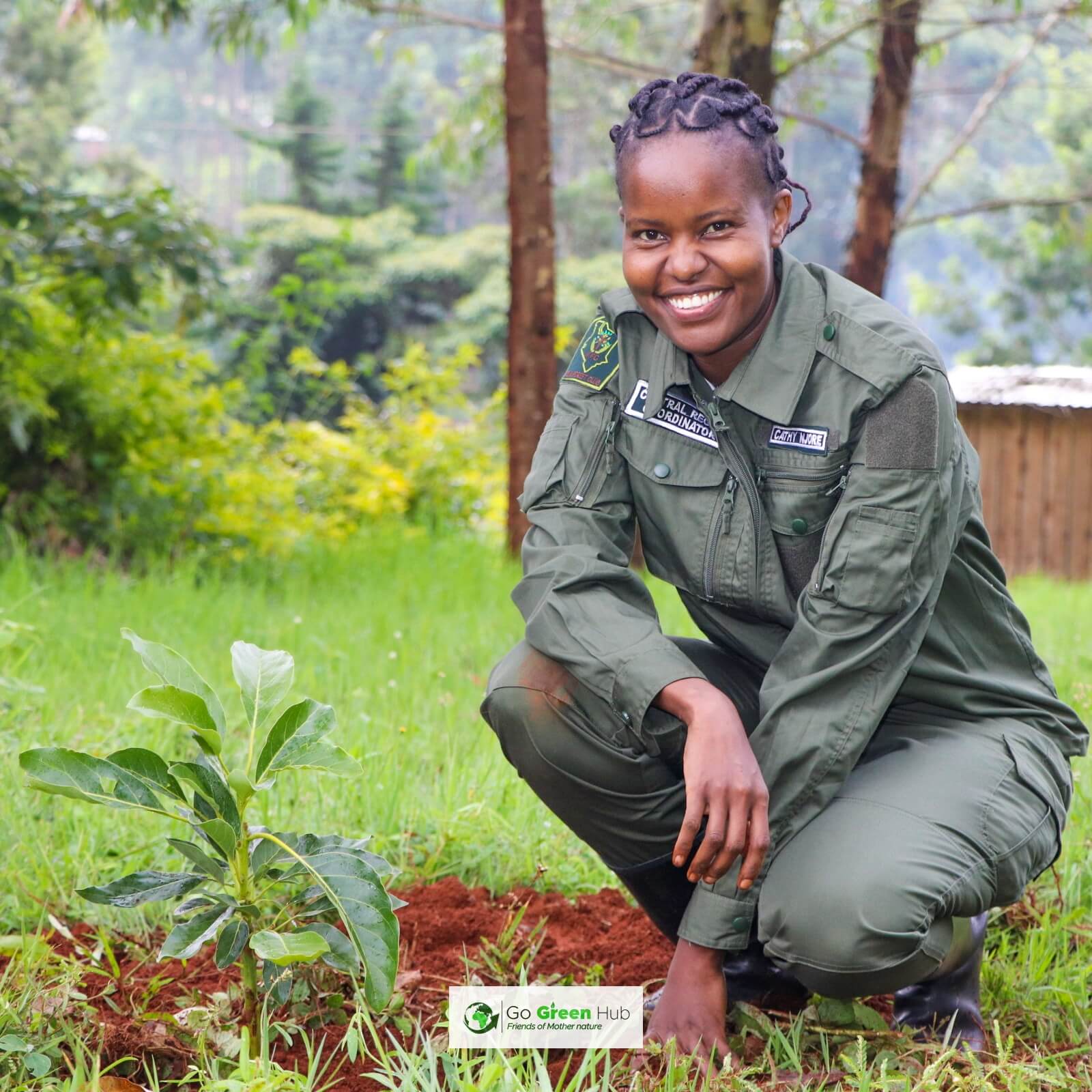 CathyNj
and 2 more
CathyNj
and 2 more
30 April 2024 11:37am
Job Opening: Associate Curator of International Conservation at North Carolina Zoo
29 April 2024 9:17pm
Program Manager: Integrating movement and camera trap data with international conservation policy
22 April 2024 10:16pm
Camera Trap storage and analyzing tools
16 April 2024 5:15pm
16 April 2024 7:17pm
I don't have an easy solution or a specific recommendation, but I try to track all the systems that do at least one of those things here:
https://agentmorris.github.io/camera-trap-ml-survey/#camera-trap-systems-using-ml
That's a list of camera trap analysis / data management systems that use AI in some way, but in practice, just about every system available now uses AI in some way, so it's a de facto list of tools you might want to at least browse.
AFAIK there are very few tools that are all of (1) a data management system, (2) an image review platform, and (3) an offline tool. If "no Internet access" still allows for access to a local network (e.g. WiFi within the ranger station), Camelot is a good starting point; it's designed to have an image database running on a local network. TRAPPER has a lot of the same properties, and @ptynecki (who works on TRAPPER) is active here on WILDLABS.
Ease of use is in the eye of the beholder, but I think what you'll find is that any system that has to actually deal with shared storage will require IT expertise to configure, but systems like Camelot and TRAPPER should be very easy to use from the perspective of the typical users who are storing and reviewing images every day.
Let us know what you decide!
17 April 2024 1:55am
Can't beat Dan's list!
I would just add that if you're interested in broader protected area management, platforms like EarthRanger and SMART are amazing, and can integrate with camera-trapping (amongst other) platforms.
Lotek Telemetry Talks Presents: Tagging Owls – Tips & Tricks from the Experts
16 April 2024 8:26pm
Starting a Conservation Technology Career with Vainess Laizer
16 April 2024 1:34pm








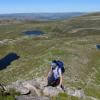
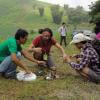

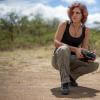








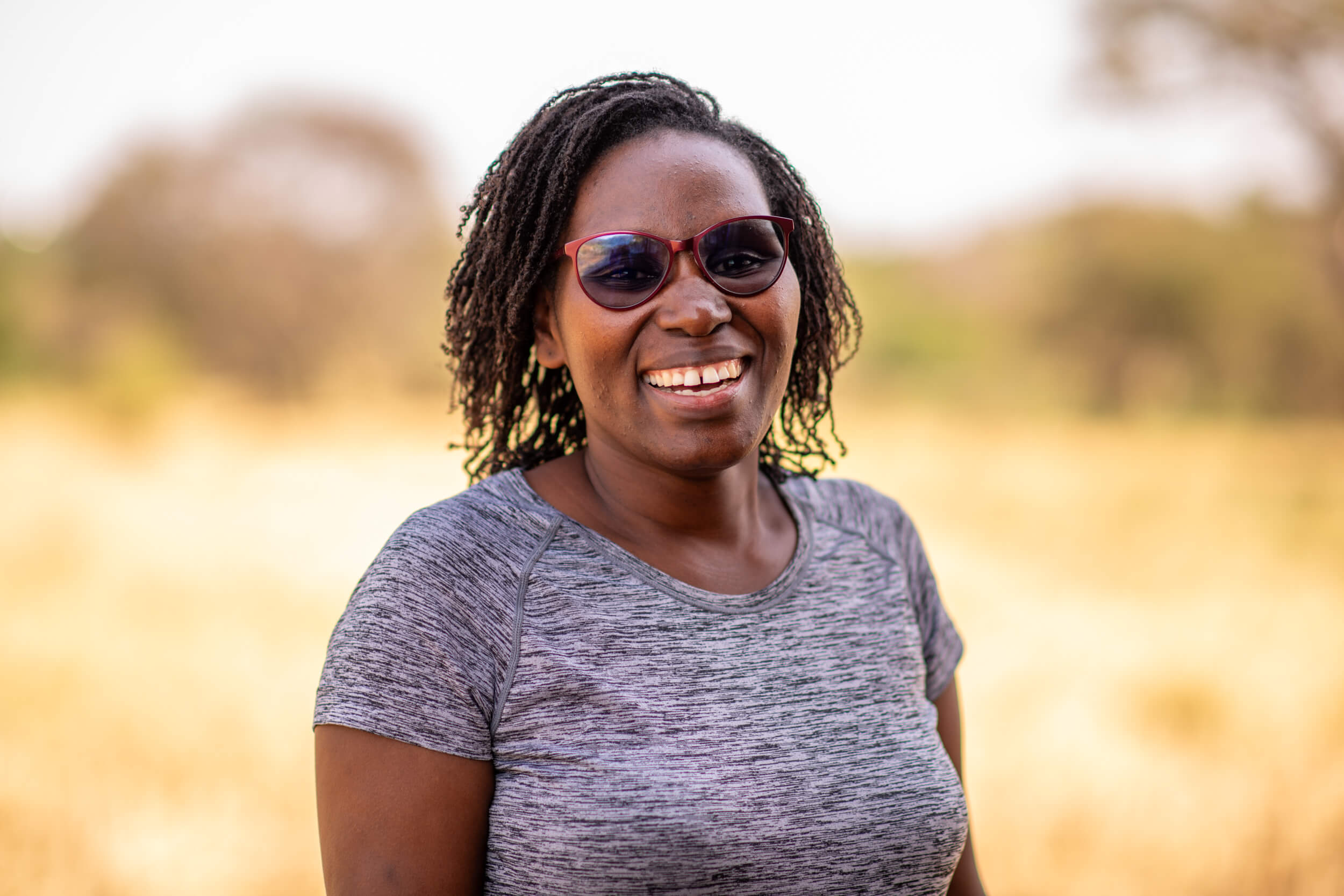
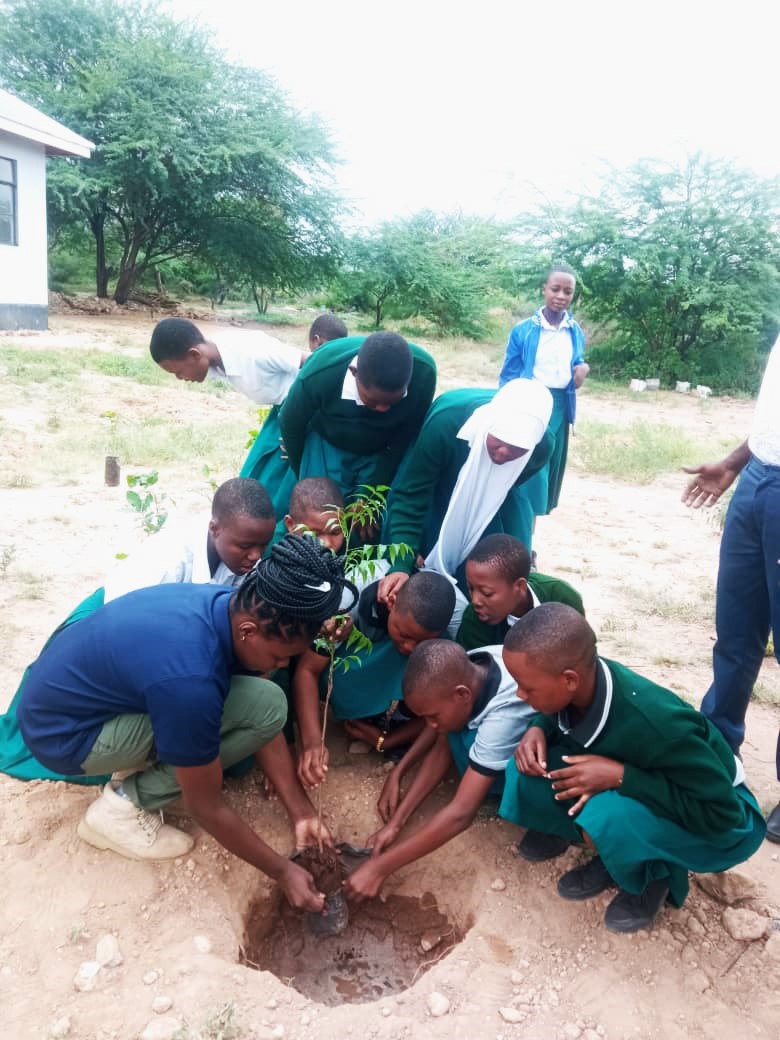


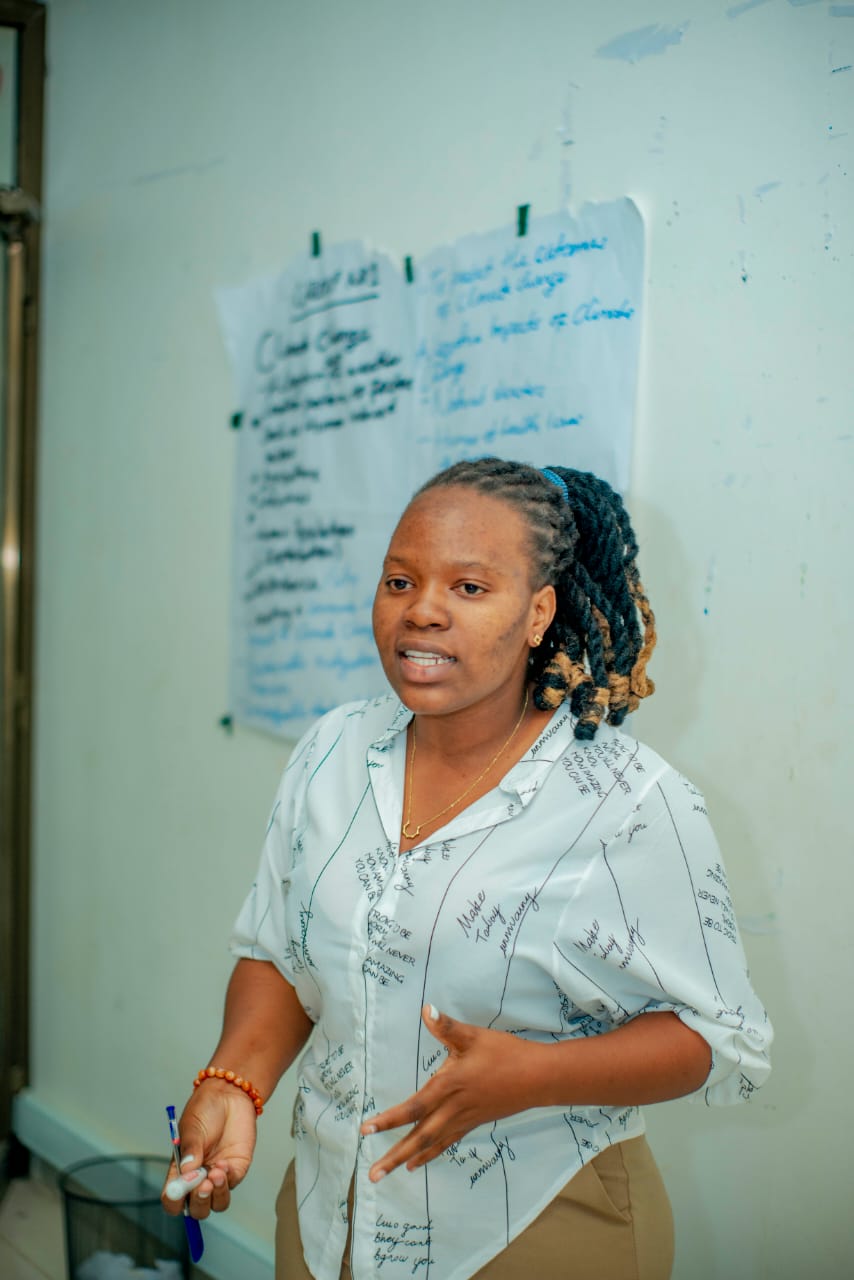

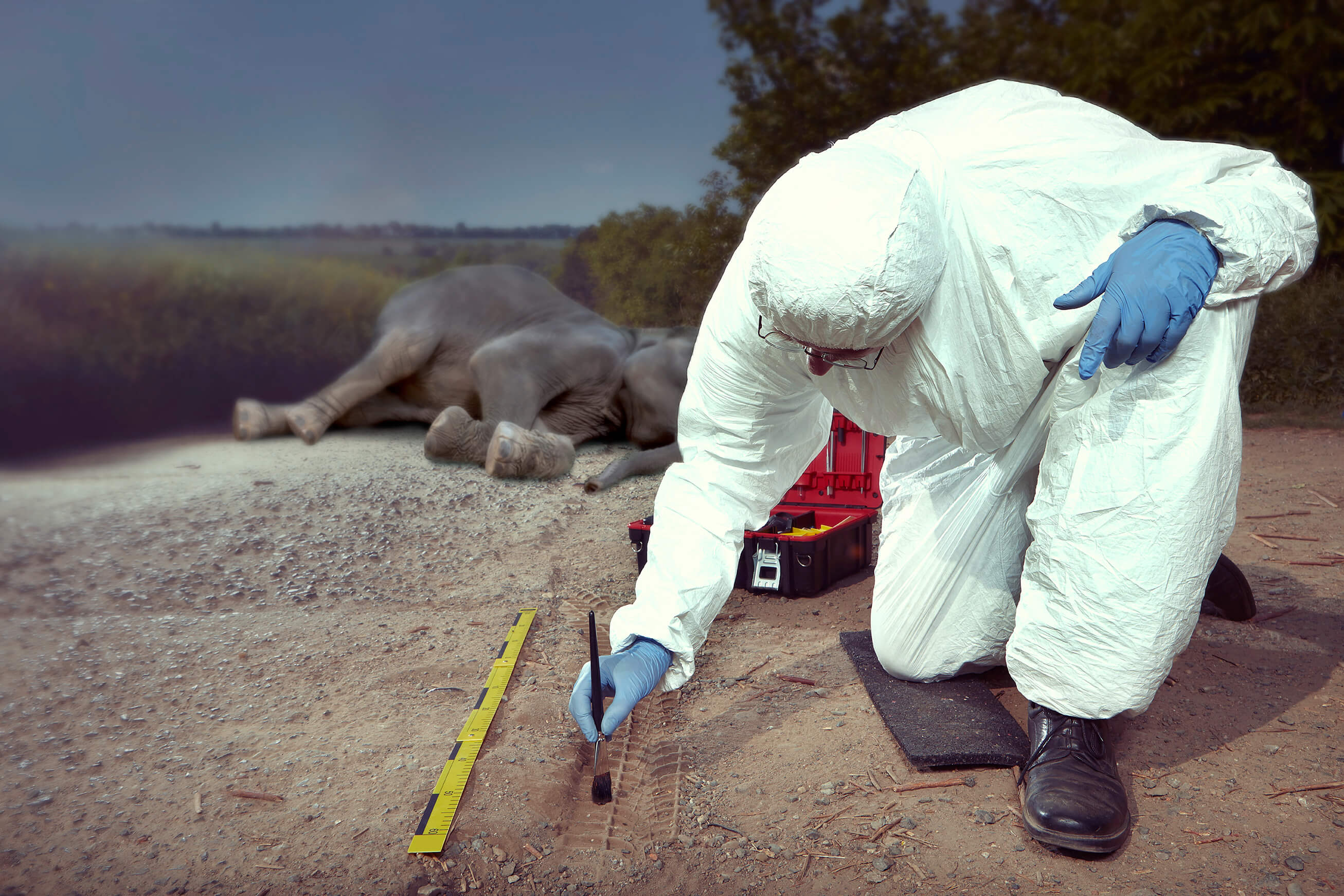

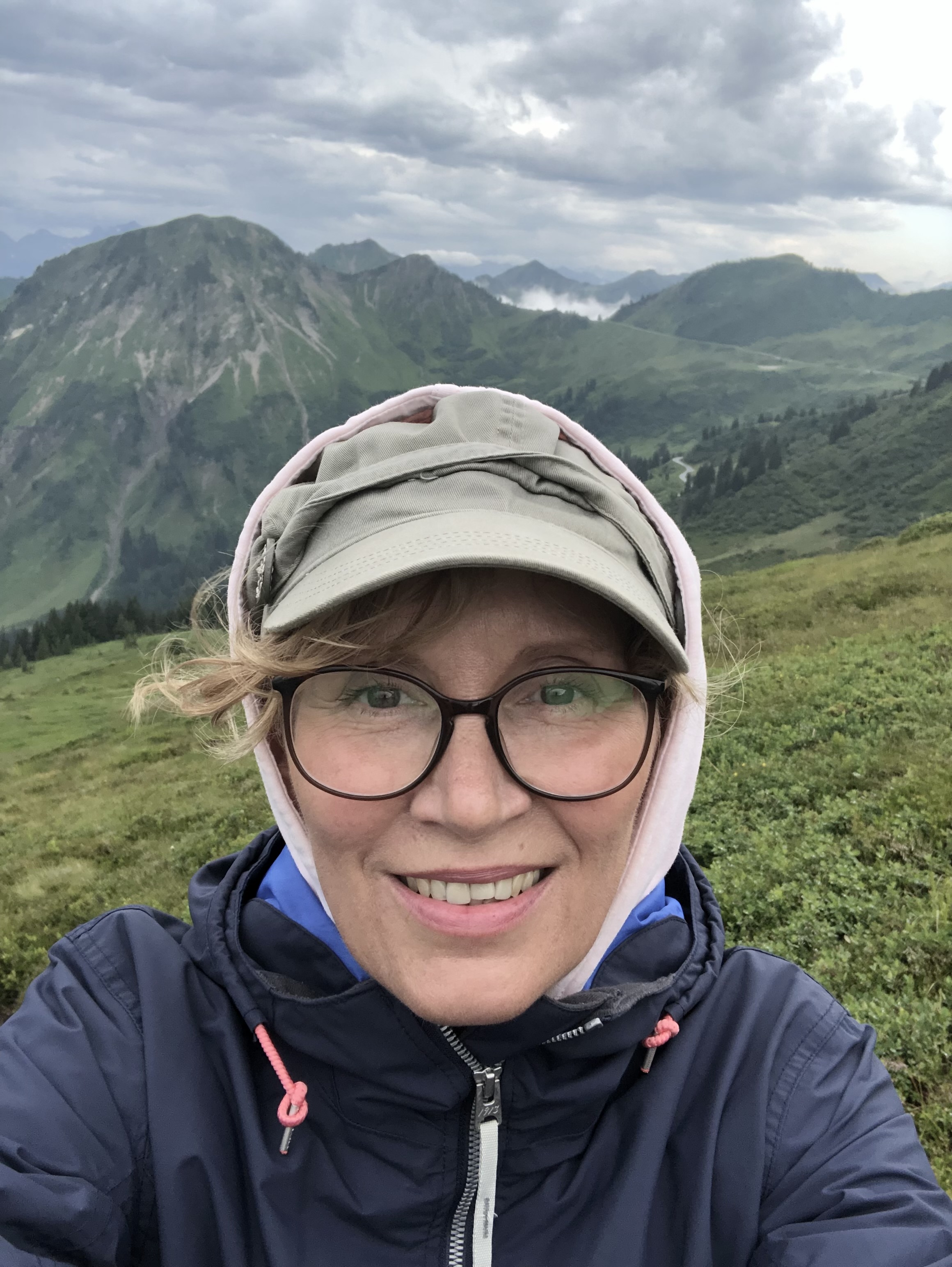

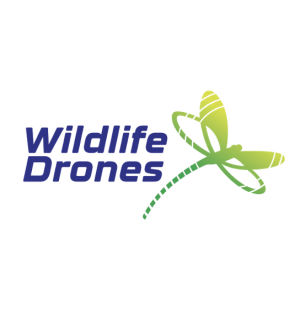




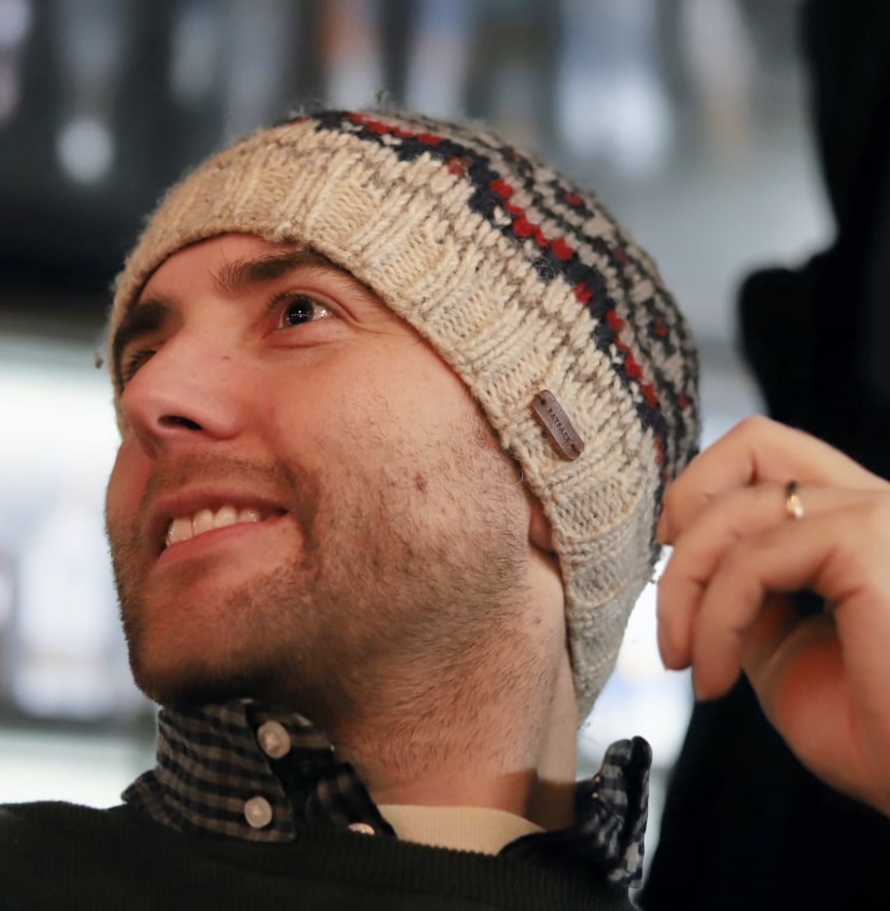










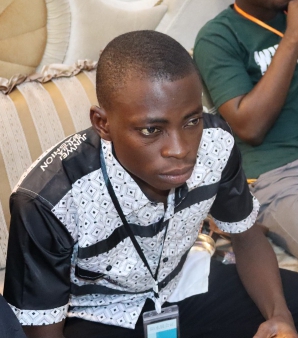
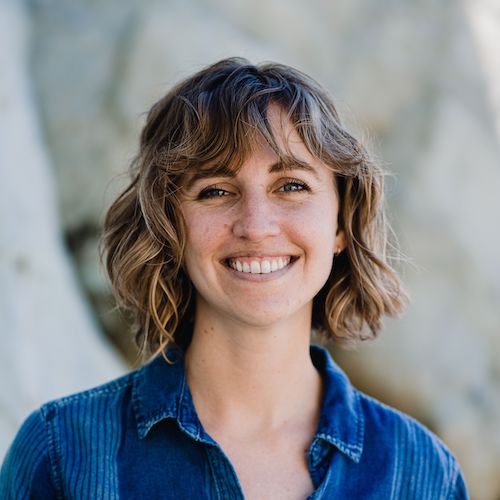



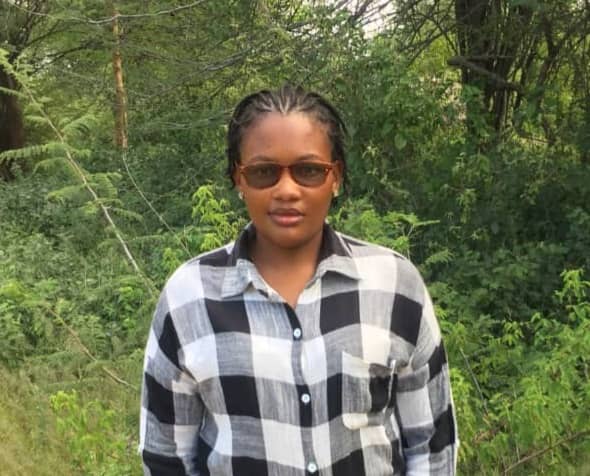

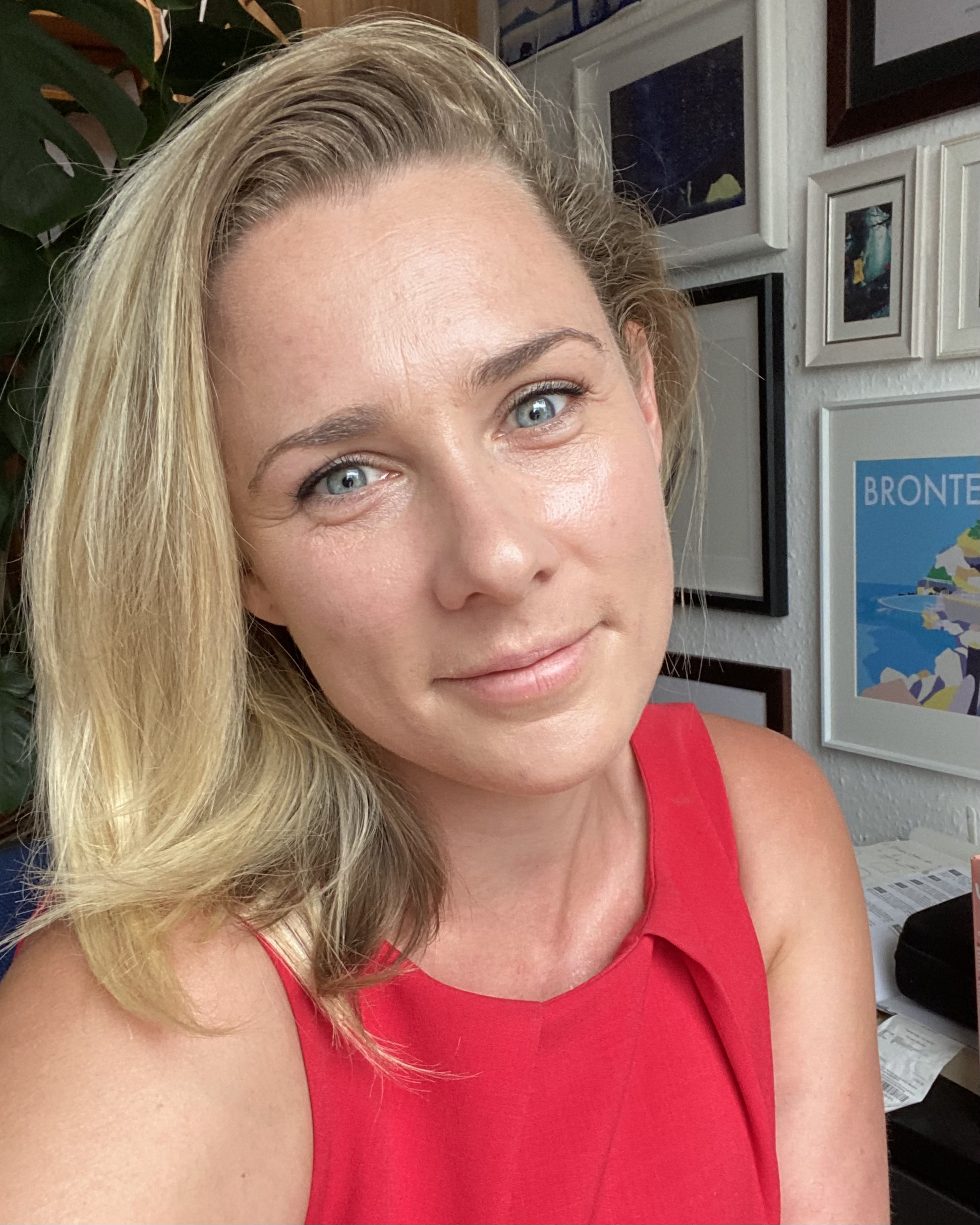


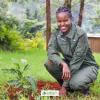
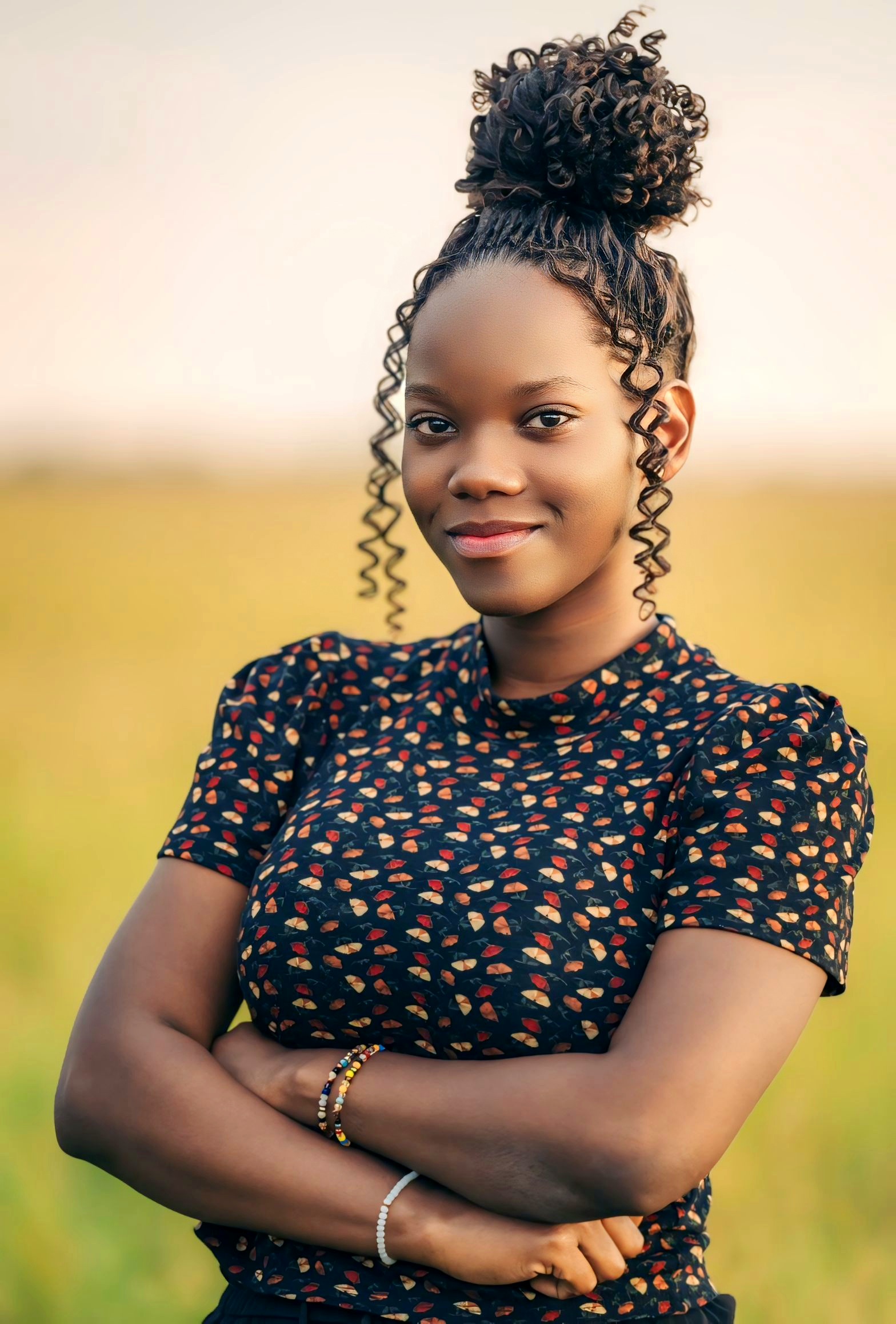




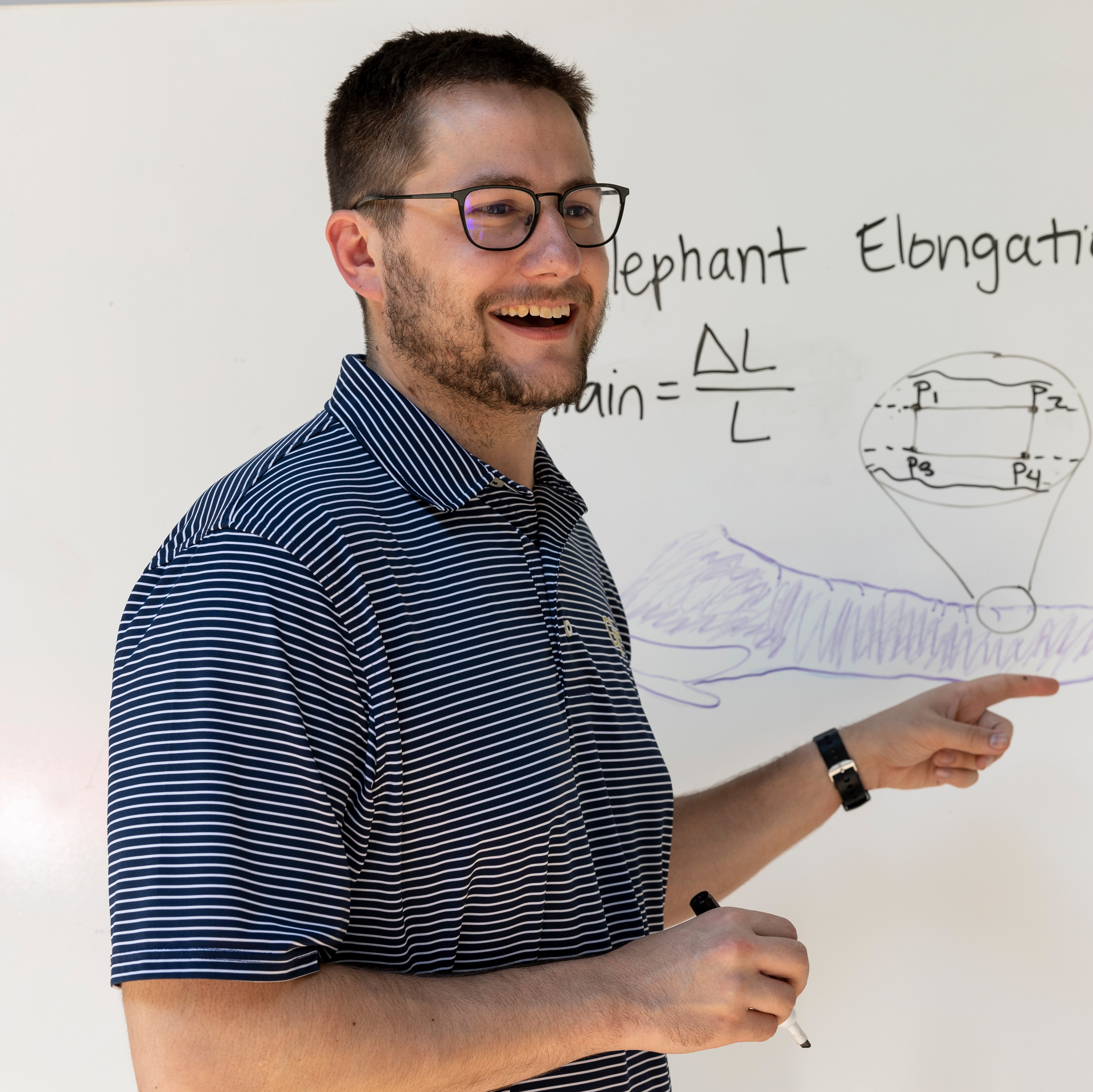



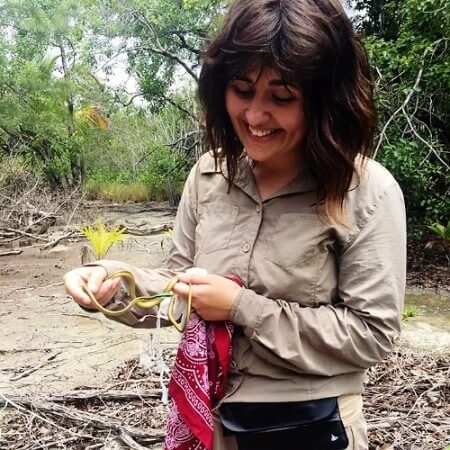



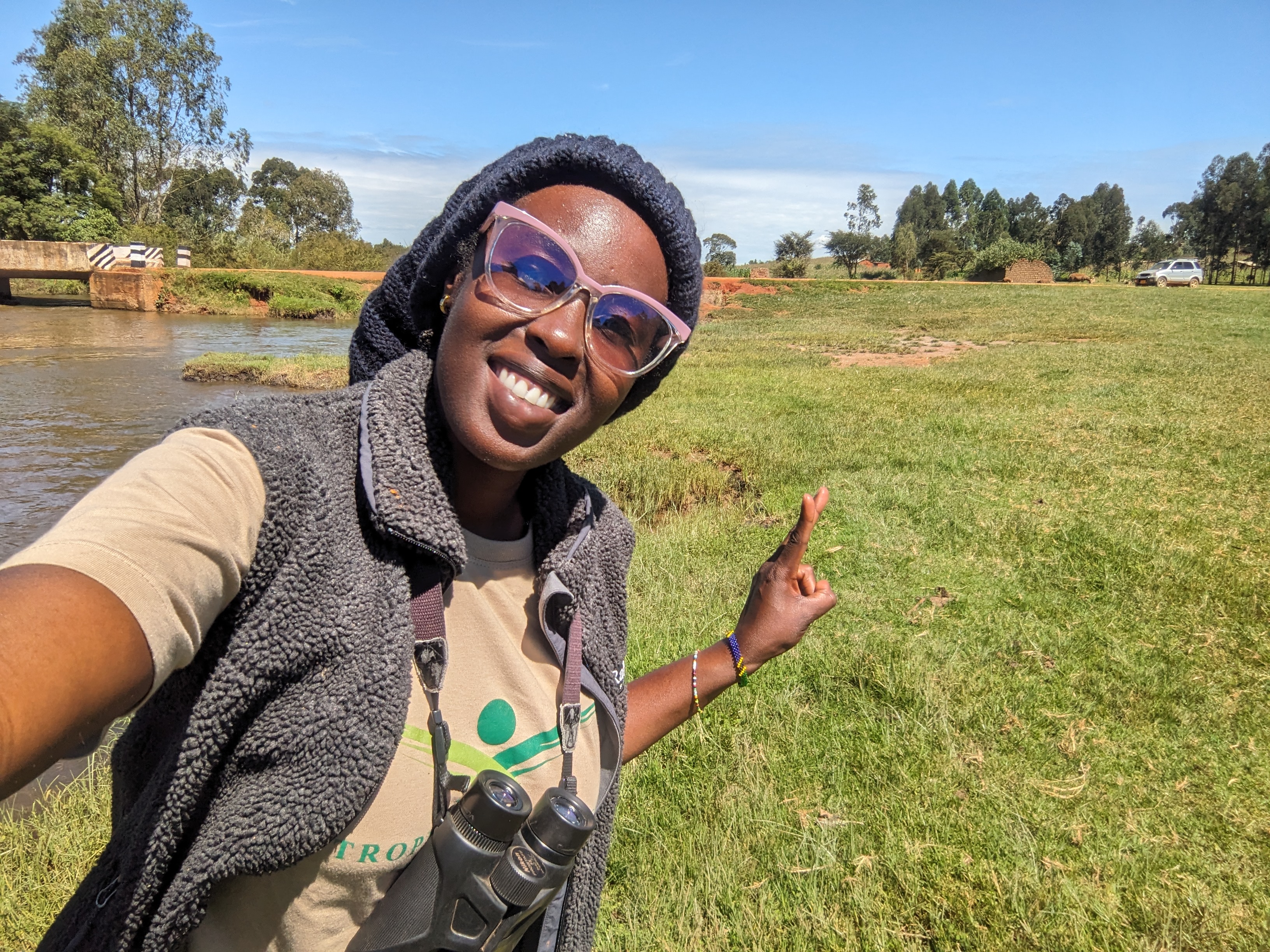








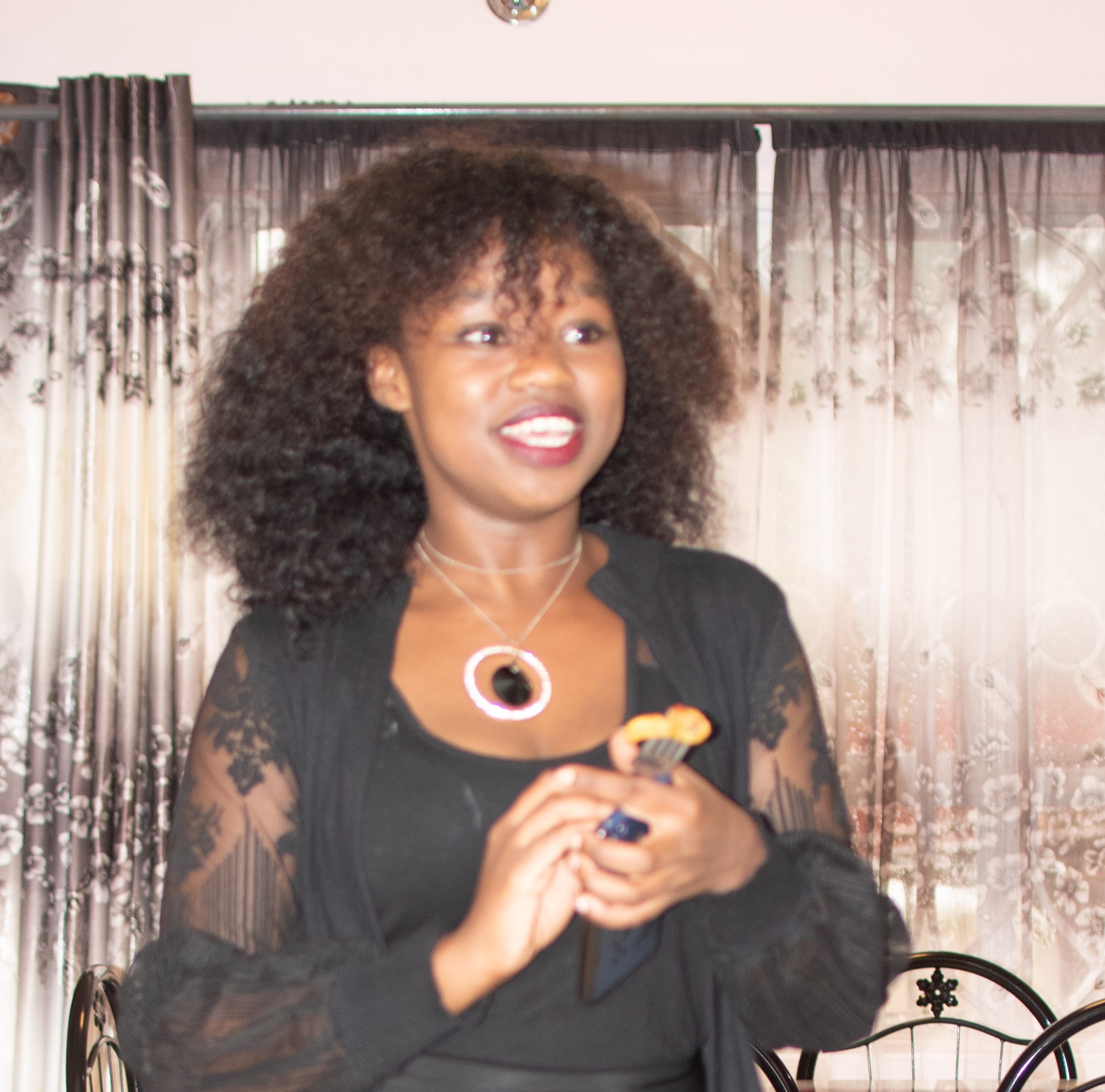
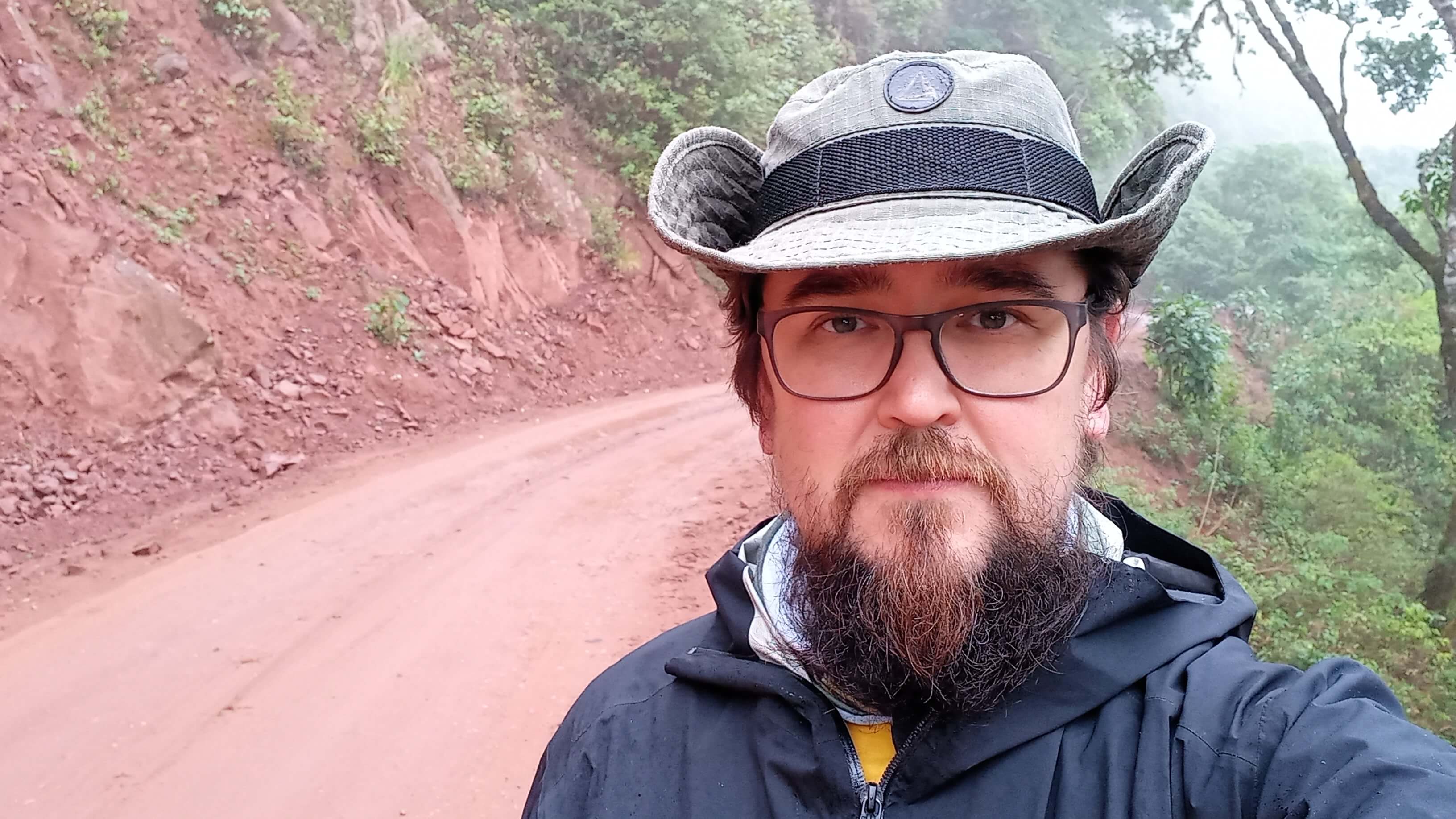

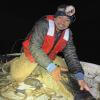



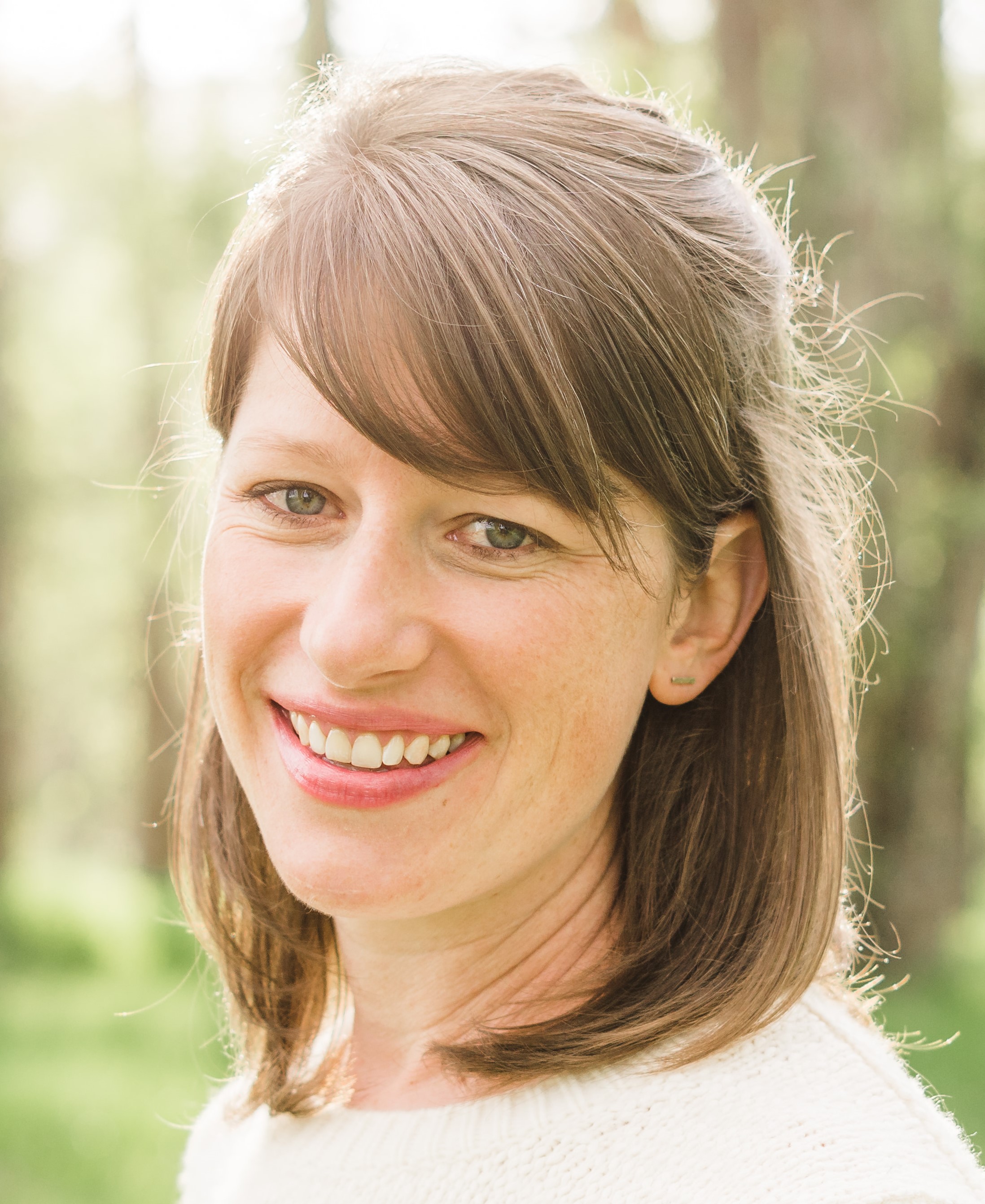

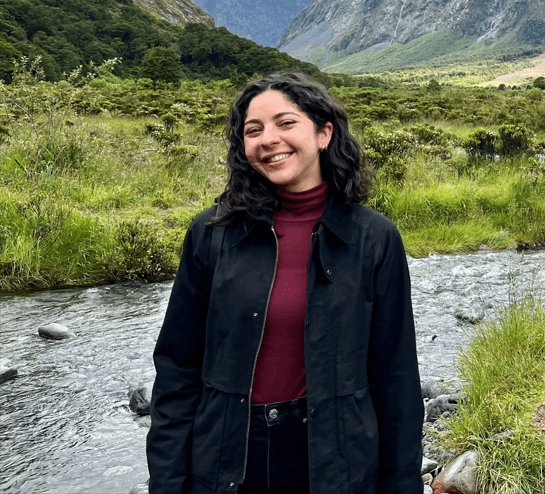

11 August 2024 1:21am
That's a great question! I don't have any answers but my first thought was that the detection part of the problem looks very different when you're looking for plants vs animals (no camera traps, audio recorders, etc.) and often quite hard, as you're having to discriminate species that may be difficult to identify even in hand.
I'd love to hear more from people who are working on this!